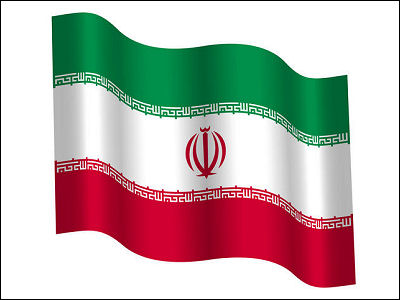Iran's secret nuke plant clouds G20
 Pittsburgh, Pennsylvania - US President Barack Obama hosted the leaders of the world's most important economies for a two-day summit in Pittsburgh to highlight their efforts to shore up the global financial system.
Pittsburgh, Pennsylvania - US President Barack Obama hosted the leaders of the world's most important economies for a two-day summit in Pittsburgh to highlight their efforts to shore up the global financial system.
The leaders of the Group of 20 (G20) agreed to a series of financial reforms to help stave off risky banking practices that sparked the worst global recession in decades. But months of work to forge agreements through meticulous and contentious negotiations was overshadowed by the revelation that Iran has for years been keeping a nuclear plant hidden from the rest of the world.
The first public address on Friday dealt with the disclosure, even before leaders sat down behind closed doors to hammer out a final agreement on economic issues.
Flanked by British Prime Minister Gordon Brown and French President Nicolas Sarkozy, Obama announced intelligence showing Iran had a secret plant near the southern city Qom that can only be used for producing material for nuclear weapons.
A few hundred kilometres away at the annual United Nations General Assembly meetings in New York, Iranian President Mahmoud Ahmadinejad denied that the plant had been kept secret from UN inspectors. He said the International Atomic Energy Agency had been informed of it a year ago and that it was solely for producing nuclear energy.
The IAEA said it received a letter on Monday from Tehran.
Obama condemned Iran for hiding the facility, as did Brown and Sarkozy. The two European leaders called for swift sanctions if Iran stonewalls questions about the plant at a meeting next week in Geneva. Their comments dominated news of the G20 meeting for the rest of the day.
At a final press conference at the conclusion of the gathering to outline the G20's accomplishments, Obama received only one question about the summit - about the thousands of protesters outside. Most of the remaining questions focused on what Obama plans to do next about Iran.
"When you talk about holding Iran accountable, is the military option growing more likely?" one reporter asked the US president.
Another journalist wanted to know why Obama, who took office in January, didn't provide information about the plant when he first learned of it during his transition into the White House.
Obama patiently fielded all of the questions, explaining that world powers have had a unified reaction of concern about the disclosure. The United States held back the information to be sure it was accurate, he said. Obama didn't rule out military force but emphasized his desire for a diplomatic solution to the Iranian nuclear problem.
"Iran is on notice that, when we meet with them on (Thursday) October 1, they are going to have to come clean, and they are going to have to make a choice," Obama said.
Senior US officials speaking under the condition of anonymity said Washington has known for years about the facility, which is not yet operational. But the Obama administration had little choice but to come forward with the intelligence once Iran had sent its letter this week to the IAEA.
One official said Iran had recently learned that the secrecy of the facility had been compromised and therefore sent the letter to avoid the appearance it was violating international rules by failing to inform the IAEA of its nuclear work.
"We felt it was important to proceed quickly," the official said. (dpa)